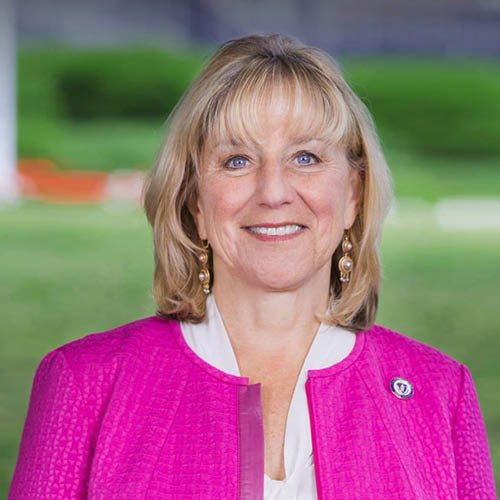Massachusetts Senate President Karen Spilka seeks input on intergenerational care

Steph Solis | MassLive | May 4, 2021
Massachusetts Senate President Karen Spilka is pushing for intergenerational care centers to bring resources to parents juggling their jobs and their children, older residents experiencing isolation and other challenges exacerbated by the COVID-19 pandemic.
The idea, she said, is in its “infancy.” There’s no plan for what exactly the centers would offer, where they would launch or how much they would cost. In other words, the canvas is mostly blank — and the Senate president looking for help from Massachusetts families to fill in the blanks on how to best respond to their needs.
“Now is the time to really plan this out, see how we need to build upon this and make sure that we get women back into the workforce,” Spilka told reporters Tuesday morning, ahead of her testimony on Wednesday in a Reimagining Massachusetts committee hearing.
Spilka plans to join Sen. Adam Hinds, a Pittsfield Democrat who chairs the committee, to pitch intergenerational care centers and gather ideas from senators and constituents about what her such a solution would look like. The committee plans to deliver its initial recommendations in the fall, followed by a second report in 2022, Hinds said.
The senate president first introduced the “moonshot” goal during her annual address in March before the Boston Chamber of Commerce. She shared her vision of a “front door” for overwhelmed family members who could use referrals or other information about child care, elder care or ways to find a community organization that could offer both, among other resources.
While Spilka suggested intergenerational care centers could look similar to or expand upon existing family resource centers, she said on Wednesday the state has a chance to look for creative solutions and perhaps different models to improve access to child care, elder care and other resources for families, especially as the state receives $500 million for child care under the federal American Rescue Plan.
“This is about making sure that women, especially Black and brown women, are at the center of our economic recovery plans,” she said. “So I believe, again, we have an opportunity here to help our families. We need to be bold and we need to be creative.”
The state would likely need different types of resources for different regions, whether they are brick-and-mortar facilities or at-home care for children and elders, Hinds said.
“Because I’m coming from the western part of the state, I imagine it probably would be a layering of different models that that really create the the accessibility,” he said.
Spilka cited the massive drop of women participation in the workforce as an incentive to provide a range of resources across generations.
Millions of women have left the workforce during the COVID-19 pandemic, and working mothers, women in senior management positions and Black women in particular have experienced greater challenges, according to a McKinsey report in March. Before the pandemic, women weren’t more likely than men to leave the workforce in recent years. Meanwhile, child care facilities continue to see lower levels of enrollment compared to before the pandemic began.
“We know that pandemic, unfortunately has brought women back to where they were after the 2009 recession,. That is a decade of progress, lost forever,” Spilka said, referring to women participation in the workforce. “That is very depressing, to be honest with you.”
Spilka did not offer a specific cost, saying she was too early on in the process to project figures. Asked whether employers would have to pay into intergenerational resource centers, Spilka did not rule out that option but added that the Biden administration sees caregiving as a priority.
“We have a perfect opportunity here to really plant the seeds of this intergenerational care,” Spilka said. “I do want to highlight that I feel like we are in very good company.”
The hearing starts at 1 p.m. Wednesday and will be broadcast on malegislature.gov.
